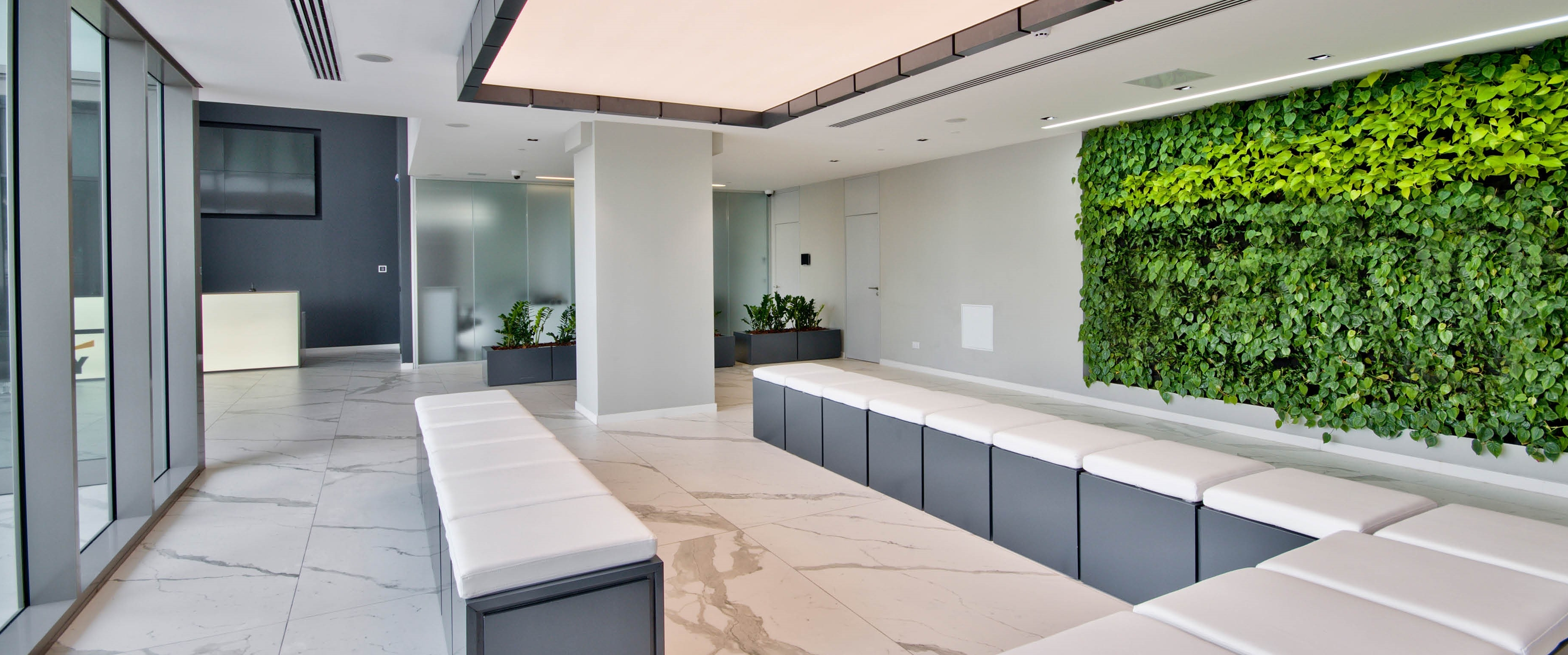EY refers to the global organization, and may refer to one or more, of the member firms of Ernst & Young Global Limited, each of which is a separate legal entity. Ernst & Young Global Limited, a UK company limited by guarantee, does not provide services to clients.

Do we have to be bolder when it comes to preserving our natural environment, resources and addressing social inequalities now and for future generations?
Sustainability and sustainable development are certainly terms that have been very fashionable lately to the point that they are sometimes misused via platitudes without tangible actions following. The concept of sustainable development aims to meet the needs of the present whilst ensuring future generations can meet their own needs. It consists of three core pillars: economic, environmental and social. Any measures in these areas have to work together and support each other to truly achieve a sustainable path.
Striking the right balance between economic growth and a prosperous society as well as the environment in the NOW is already challenging. Taking into account the long-term impacts of our actions for future generations even more so, especially as political cycles do not tend to foster working towards such long-term goals. However, the political and societal climate has been changing drastically over the past decade, driven by both citizens taking actions and policy makers ramping up their efforts to change and reinvent the way our society and economy function for example by decoupling economic growth and CO2 emissions to tackle climate change.
In 2022, Earth Overshoot Day for Malta fell on 16 April 2022. This means, if all countries were to consume like Malta, on this date humanity’s demand for ecological resources and services already exceeds what the Earth can regenerate in that year. We maintain this deficit by liquidating stocks of ecological resources and accumulating waste, primarily carbon dioxide in the atmosphere, thus clearly not using our Earth’s resources sustainably.
Recently, the Multi-agency report “United in Science 2022” (including renowned institutions such as UNEP, and IPCC), warned about the world reaching “Tipping Points”, highlighting the huge gap between aspirations and reality and calling for much more ambitious action.
Given these alarming developments, shouldn’t we undertake a more open and frank debate on what the vision for sustainable development in Malta must entail?
Is a bigger economy always a better economy?
Does Malta need more people to grow or less to breathe?
If the time for tackling climate change is now, are we moving fast enough?
Being a small island economy on the periphery of Europe with limited natural resources, relying heavily on imports (from energy to manufactured goods) or having to generate them with huge efforts (such as water desalination or Energy-Water Nexus) we should certainly push towards better resource efficiency across all economic and societal activities.
However, according to the 2022 Monitoring Report on progress towards the SDGs in an EU context, next to no progress was made with regard to SDG 12 Responsible Consumption and Production. Whilst it highlighted that Malta made progress on SDG 1 No Poverty or SDG B Decent Work and Economic Growth, we are still substantially lacking behind in some areas.
Of special concern are also SDG 10 Reducing inequalities and SDG 11 Sustainable Cities and Communities, where we have been actually moving away from achieving the SDG. In addition, Malta is below the EU average when it comes to progress towards SDG 13 Climate Action and SDG 9 Industry Innovation and Infrastructure as well as SDG 2 Zero Hunger, SDG 4 Quality Education and SDG 5 Gender Equality, showcasing the wider societal challenges that need to be addressed.
Looking at specific hot spots that need to be tackled to enable a more sustainable trajectory clearly mobility, transport and infrastructure, construction, real estate as well as the tourism sector comes to mind. All of them are also closely interlinked with energy use.
The increased complexity and sheer size of the sustainability challenges we face, in addition to major global disruptions, calls for concerted action by all stakeholders. Only a nationwide effort will set Malta on track for truly sustainable development while balancing our environment and resources with a stable and resilient economy.
For this reason, EY has set its own climate targets and is also supporting others in their journeys.
The recent formation of the Malta ESG Alliance is a first important step towards businesses and society taking active ownership and responsibility in shaping our country and improving the quality of life now and for future generations.
The alliance is supported by EY, and currently brings together thirteen Maltese businesses who are collaborating to tackle environmental, social and governance priorities being faced by the country.
Chris Meilak (left), Partner, and Dr Kathrin Kutlesha (right), Manager, are part of EY Malta’s sustainability practice.





